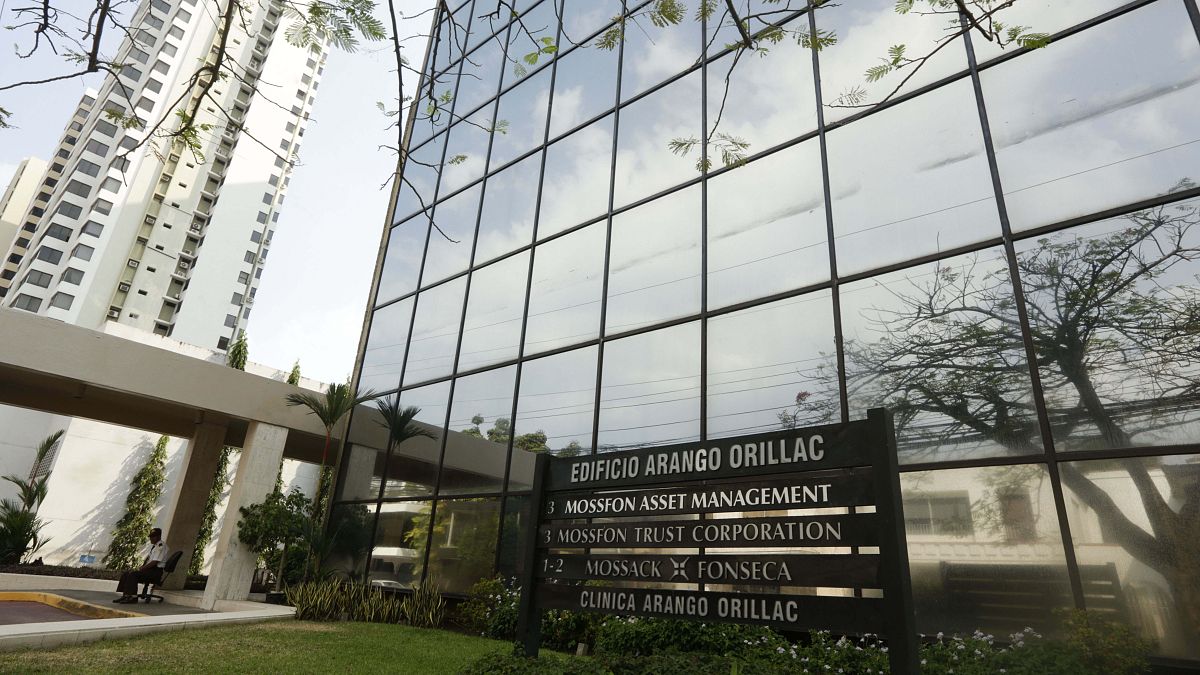Much more is needed if the EU is to take effective action to address the problems highlighted 5 years ago by the Panama Papers, says Action Aid's Anders Dahlbeck
Saturday 3 April 2021 marks five years since the astonishing leak of 11.5 million documents from the Panama-based tax advisory company Mossack Fonseca. These documents revealed a hidden structure of crime, corruption and tax dodging concealed by secret offshore companies – covering up the proceeds of dirty business and tax avoidance.
While the leak showed that many of the world’s richest people and companies – including 143 politicians and their associates – used offshore tax havens to avoid paying their fair share in taxes, ordinary citizens in many countries across the world faced gruelling austerity measures.
Although many individuals were charged and several high-ranking politicians stepped down, five years on politicians have failed to change the structures that allow tax dodging, corruption, and dirty business exposed by the Panama Papers leak. And the Mossack Fonseca scandal represented only the tip of the iceberg in terms of the revenues lost due to illicit financial flows and tax havens.
The Tax Justice Network estimates that around US$500 billion in corporate tax is dodged each year globally – facilitated by a complex web of tax havens, banks, financial advisors, large companies, and the elite. The OECD and the European Union have taken some measures to increase transparency, but in practice, billionaires and businesses trying to avoid taxes and launder money can still find ways to do so as our leaders have not fundamentally changed the laws and regulations that allow them to do so.
While the Panama Papers exposed how the world’s elite hide their money offshore, we don’t have to look far to see how many countries in the EU facilitate tax abuse. Countries such as the Netherlands and Luxembourg are among the world’s biggest facilitators of tax dodging, with others such Ireland, Cyprus and Malta also having tax haven features. This is completely unacceptable.
Read the European Commission's response by clicking the link below:
Since the Panama Papers, we have also seen an explosion in the digital economy, which is notoriously hard to tax as it can be tricky to establish exactly where tech companies’ profits are made, and many big tech companies use this lack of clarity to avoid paying their fair share of taxes. For example, ActionAid research found that 20 developing countries could be missing out on as much as US$2.8 billion in tax revenues from Facebook, Alphabet Inc and Microsoft due to unfair global tax rules.
Potential taxes raised from these three ‘big tech’ companies alone could address the World Health Organisation’s (WHO) estimated shortages of more than 1.7 million nurses in these countries within just three years.
COVID-19 has brought into sharp focus our dependence on public services, particularly health and education, and the shortage of funding for them.
Both the UK and the US announcing plans to raise corporate tax rates is an acknowledgment that more tax revenues are needed during the pandemic and beyond. In addition to raising corporate tax rates the current Covid-19 crisis should provide additional impetus for the EU and member states to take urgent action to actually close tax loopholes and change other laws and rules that facilitate tax dodging.
A recent directive proposed by the European Commission on public-country-by-country reporting, which will require companies to disclose their income, profit, taxes paid, and economic activity in each country where they are present, is an important step towards tax transparency and represents a huge victory for many civil society organisations. But much more is needed if the EU is to take effective action to address the problems highlighted 5 years ago by the Panama Papers.
There are four essential actions the EU must take on tax justice: member states must remove all tax haven features in their own countries; the EU must update its tax haven blacklist to genuinely include all tax havens, including its own member states. This should include blacklisting zero or low tax jurisdictions; tax treaties that allow companies to move profits to tax havens untaxed must be revised; and the EU and its member states must take the lead on taxing the digital economy properly.
In the words of the Global Alliance for Tax Justice, 2021 Nobel Peace Prize nominees: “There is no enduring peace without social justice, and no social justice without tax justice”. EU governments must not stall or make excuses, action is needed now to address tax avoidance and secrecy, especially given the ongoing Covid pandemic and the need for governments all over the world, not just the EU, to be able to raise revenue to fund vital public services.
ActionAid was founded as a charity in 1972.
Their strategy is to build international momentum for social, economic and environmental justice, driven by people living in poverty and exclusion.


